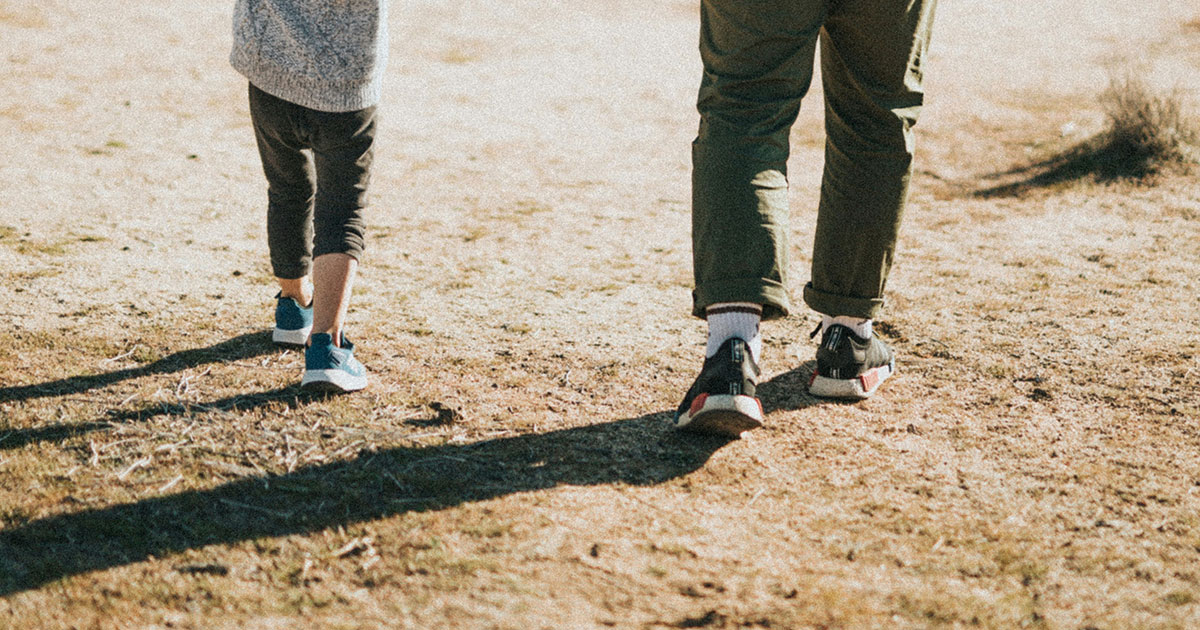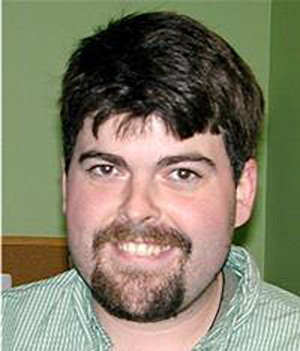NOT ANOTHER TV DAD
★ ★ ★ ★
MOTHER’S DAY

Image by Nathan Dumlao
By CL Bledsoe
Mother’s Day is hard for a lot of people for many different reasons. For me, it’s hard not only because my mother died eighteen years ago, but because before that, she’d been sick most of my life. I never really got to know her. By the time I was old enough to really appreciate her, she was already deep in the throes of Huntington’s Disease, which is like a cross between Alzheimer’s and Parkinson’s, attacking the nervous system and the brain. She lost control of her body. She lost her memory. She was in a nursing home by the time I was thirteen and already had trouble remembering who I was or distinguishing me from my siblings.
Watching her decline affected me deeply. As a preteen, I was often alone with her. I took care of her on weekends or holidays, feeding her and sitting with her. I wasn’t a perfect son by any means. I would have fits of frustration where I yelled at her, and sometimes she met me with violence. When she was still mobile, something I would do was run up to her and say a curse word. She was very religious and hated cursing. She’d chase me around the house, and I’d hide in the bathroom, pulling a drawer out to block the door from being opened. As I got older, she started falling and using a walker. We mostly watched TV together, then, and didn’t speak much.
When I was very young, my mother was a doting, lovely woman. She knew she was sick, and I think she overcompensated by focusing a lot of her attention on me. She was a grade school teacher, and would bring students on a field trip to our farm, where they’d picnic under a big oak tree. I never met this version of her, since she’d retired when I was born. When I was little, she’d take long walks every day to try to maintain control of her body and write long lists of important dates and names, to try to keep her memory strong. I remember going on the walks with her and always wanting to stop and play somewhere.
Her decline affected me not least of all because Huntington’s Disease is genetic. Growing up, I was convinced I would have it. I took little interest in thinking about or preparing for the future because I didn’t think I’d have one. There wasn’t a test for Huntington’s until I was in college. I eventually took it and discovered I didn’t have Huntington’s. I had been thinking I was going to die badly for so long, I didn’t know what to do with myself with this new freedom. Mostly, I felt guilty, which was only amplified a decade later when my brother started showing symptoms. I had moved across the country, had a kid, gotten an MFA, while my brother remained in our hometown, in our father’s house, and now he was dying.
I went to visit him when he went into a nursing home for the last time. He was so thin, just bones, really, which reminded me of my mother’s last years. I thought about how bored I would get when he used to tell me these long stories that didn’t seem to go anywhere. I thought about all the times I’d felt like his life was sad because he hadn’t ever left home. As I fed him by hand, I couldn’t believe this was my brother. I’d thought I had more time to spend with him.
I’m very mindful of the relationship I didn’t have with my mother, when it comes to my daughter. My father was always working, and mom was sick, so I’d mostly been left adrift, except for my brother and sister. Since her mother and I divorced, I don’t get to see my daughter as much as I’d like, which would be every day. I recently had a birthday, and all I wanted was to spend the time with my daughter, laughing and doing nothing special. That time together is more valuable than any presents I got or didn’t get. It took me a long time to learn that.
I’ve done a lot of things that I’m not sure my mother would approve of, just because she was so religious. I don’t go to church anymore. I curse like a witch. And she probably wouldn’t approve of the divorce. She never got to know me as an adult. She would love my daughter, and I think she’d approve of how I am with her. I don’t think she’d like a lot of my books, but I think she’d at least respect that I’m a writer. But ultimately, I’ll never know. I don’t want my daughter to have those kinds of doubts. I want her to know that I’m proud of her and that I’m here for her, as she grows into adulthood. I’m lucky to have that opportunity. I wish my mother had had it.

CL Bledsoe is the author of sixteen books, most recently the poetry collection Trashcans in Love and the flash fiction collection Ray’s Sea World. His poems, stories, and nonfiction have been published in hundreds of journals and anthologies including New York Quarterly, The Cimarron Review, Contrary, Story South, and The Arkansas Review. He’s been nominated for the Pushcart Prize fifteen times, Best of the Net three times, and has had two stories selected as Notable Stories of the Year by Story South‘s Million Writers Award. Originally from a rice and catfish farm in the Mississippi River Delta area of Arkansas, Bledsoe lives with his daughter in northern Virginia. He blogs at NotAnotherTVDad.blogspot.com
























50xzim
w5aa0k
e9vgid
b8wekd